Soldering is a skill that is vital to any new maker. It is a skill that provides the tools necessary to build a project and make it functional. In order to practice soldering, you need to know a few things first. Here are some tips and tricks to help you practice soldering and get the most out of the experience.
What is Soldering?
Soldering is a process by which conductive metals are joined by melting and fusing their surfaces together at a high temperature. The solder is heated to its melting point and then applied to the joint; it cools and solidifies to fill the gap between the two pieces of metal.
Soldering is used to join or repair an electric circuit, seal a leak in a container, join dissimilar metals, fix a broken pipe, join two pieces of metal, or make a decorative design.
What You Need to Practice Soldering?
Soldering is a tricky skill to learn and perfect. It is essential to have the right tools to work with when practicing soldering. You need a soldering iron, solder, flux, solder wick, and a sponge.
The soldering iron is an essential tool because it heats up the solder and melts it. You also need to have a clamp or helping hands to hold the wire in place. A sponge is also an important tool as it is used to clean up the excess solder. The solder wick is used to remove any excess solder and flux. The solder is then applied to the wire with the sponge.
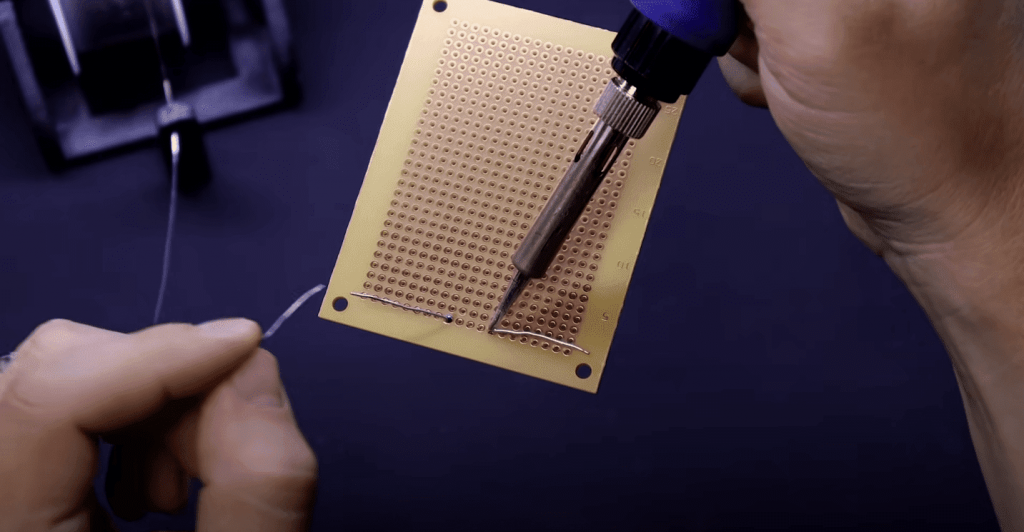
Check the wick and solder to make sure they are clean, and there is no excess solder. It is important that you do not touch the solder with your fingers, as it will cause the solder to harden and make it harder to remove.
How to Practice Soldering: Different Methods
Practicing soldering is one of the best ways to learn how to solder safely. For example, you can practice soldering in the following ways:
- Solder a wire to a metal rod
- Solder a wire to a metal rod and then solder a second wire to the first one
- Solder a wire to a metal rod and then solder a wire to a wire
- Solder a wire to a wire and then solder a wire to a metal rod
- Solder a wire to a wire and then solder a wire to a wire and then solder a second wire to the first one
- Solder a wire to a wire and then solder a wire to a wire and then solder a second wire to a second wire
FAQ
Can I teach myself to solder?
Yes, you can. I personally learned to solder by purchasing a kit from Radio Shack. It comes with a few components and a soldering iron. I found that it was very easy to use the soldering iron and iron out any mistakes. I was able to make some simple electronic items such as a battery pack and a simple wire.
How do I learn basic soldering?
Try to find a local workshop to learn from. Maybe you can go to a local hackerspace or school and find information on that. Maybe you can find a YouTube video on soldering. If you can’t find anything, then you can buy a kit.
What is the secret to good soldering?
The secret to good soldering is making sure you have the right solder and that you’re using the right heat. Otherwise, you could burn through your wire and ruin the project.
Is soldering a skill?
Soldering is a process in which two pieces of metal are joined together using a heat source. This is a skill because it takes a certain amount of time and experience to do it correctly.
Is soldering difficult?
Soldering is a difficult process to master, but there are a few ways to lower the probability of errors. First, make sure you have the proper gear for soldering. This includes a soldering iron, wire, solder, flux, and some solder wick. Use a solder wick to clean up any excess solder or gunk after it dries. Second, make sure you have a heat source and a way to regulate the temperature. This can make all the difference in the world. Lastly, be patient. Practice makes perfect.
Why is soldering important?
Soldering is important because it helps you to connect two pieces of metal, plastic, or any material that has two different surfaces. This is important in order to electrically connect two circuits, a component and/or a wire of another material.
What are the things you will do to enhance your soldering skills?
A few things you could do to enhance your skills are:
- Watch instructional videos
- Learn the basics of soldering
- Learn the difference between different metals
- Read articles by professional solderers
- Take a soldering class
- Practice soldering on a small project
- Practice soldering on a project that can be completed in one day
What are the disadvantages of soldering?
The disadvantage of soldering is that the resulting joint is usually not as strong as a weld, but it is also very durable and lasts a long time. It is also a very difficult process to learn, so people learn by trial and error, and there is a high risk of creating a poorly made joint.
Is a soldering station under $100 good for practice soldering?
The answer is yes! Many different soldering stations are under $100 and will work for practice. The most important thing to look for when choosing one is the wattage. If you choose one with too low of wattage, then it might not heat up enough for you to solder anything successfully.
How can I do a small soldering job?
There are a few ways you can do a small soldering job, depending on the type of metals you are working with. For example, if you are working with copper, you will want to use a soldering gun. This is because copper conducts heat so well that it is possible to melt the solder with a soldering gun. If you are working with bronze, you will want to use a propane torch because it is much easier to use on that material.
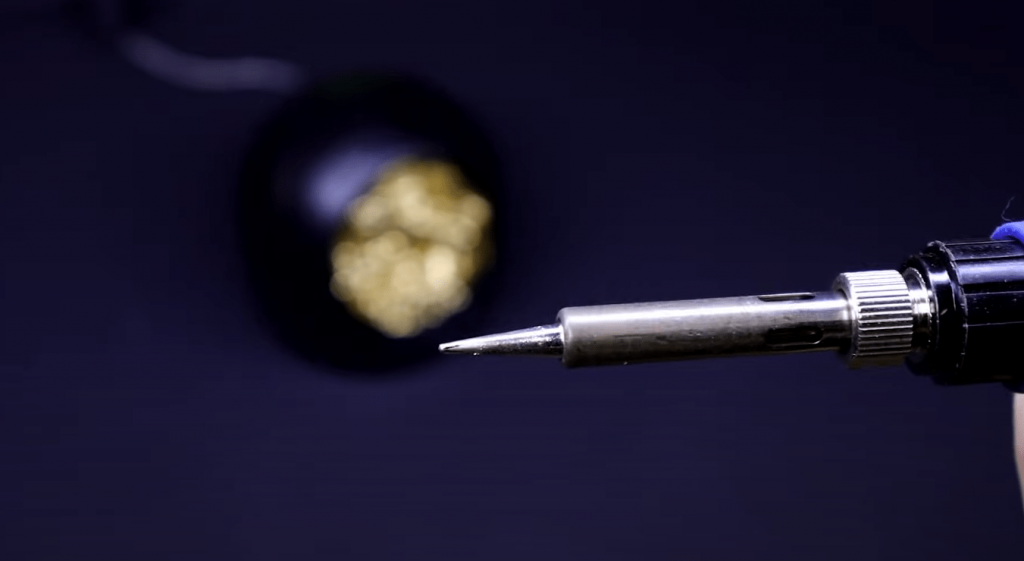
A good way to do a small soldering job is to get a soldering iron and solder wire. To do this, you need to hold the soldering iron at a 45-degree angle and move the iron as you heat it. Then, while you are holding the soldering iron, you will place the solder wire over it and move it around the area that you want to solder.
Should I wear a mask when soldering?
If you are soldering on any sort of circuit board, it is recommended that you wear a mask because you are breathing in the fumes.
Are soldering classes worth it?
A soldering class has the potential to be worth it, especially if you are going to be doing a lot of work with electronics. It is important to fully understand the materials and processes involved in the soldering and how it works, as well as safety procedures, before you even consider taking a soldering course.
Soldering classes are a lot of fun and very useful in the beginning, but after a while, you’ll have a lot of experience and probably won’t need classes anymore. Plus, there is a lot of online information as well.
Related Video: How to Get Better at Soldering?
Conclusion
Soldering is a skill that is best learned by doing, so don’t be discouraged if your first attempt at soldering doesn’t look perfect. It is essential to start with simple projects and work your way up to more complex ones. When you start practicing soldering, you will notice that the process gets easier and easier. You will also see that soldering becomes faster and more efficient. This is because you are becoming more familiar with the process.
More articles about soldering:

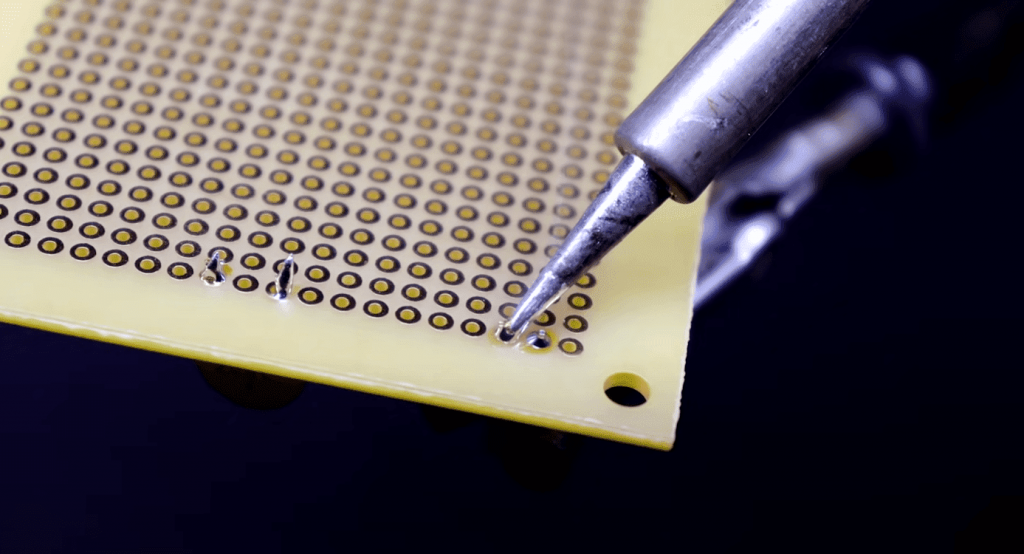
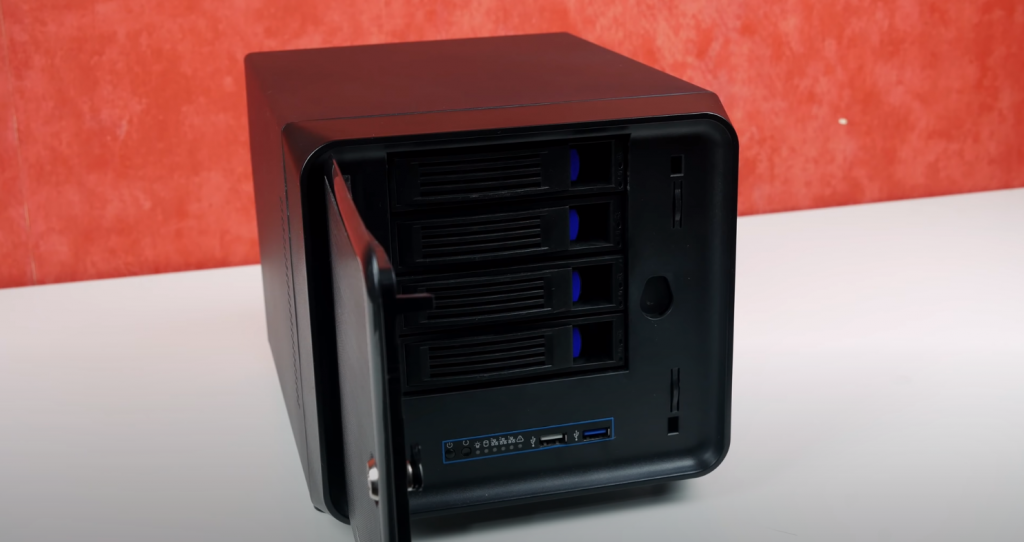
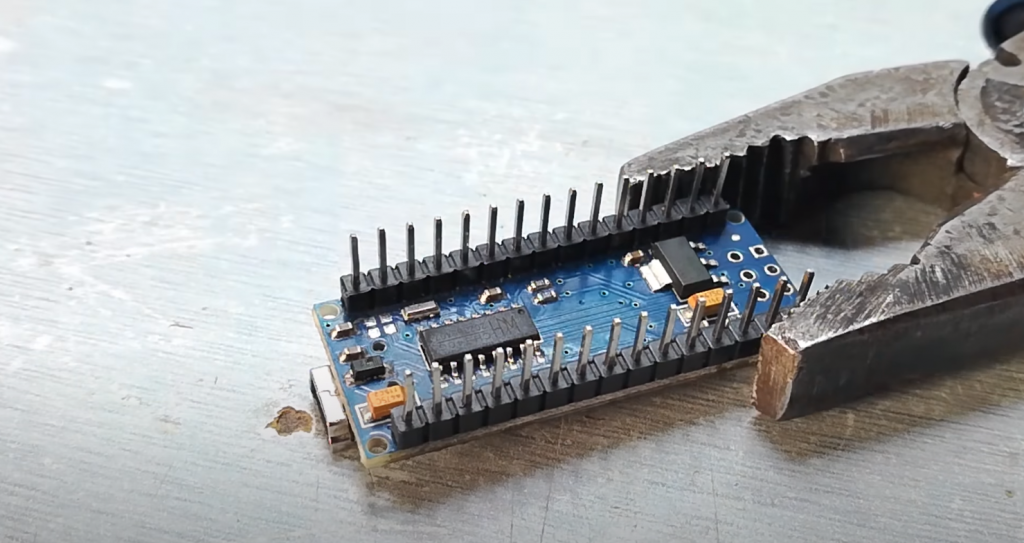
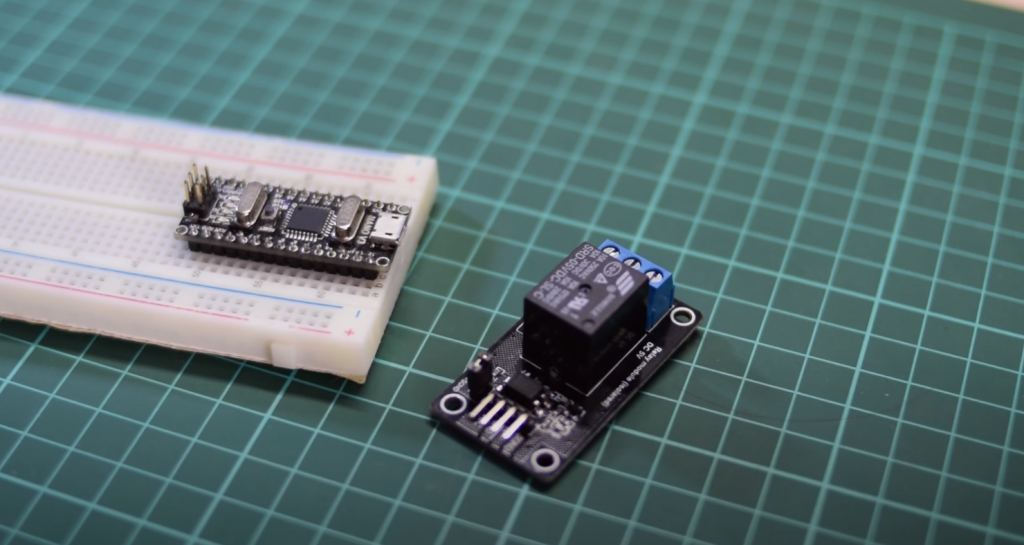
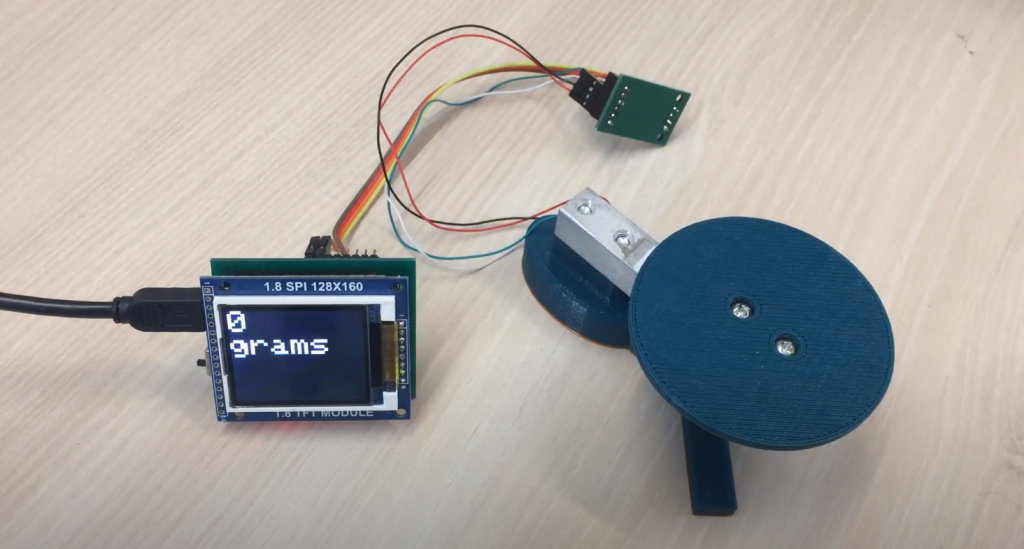
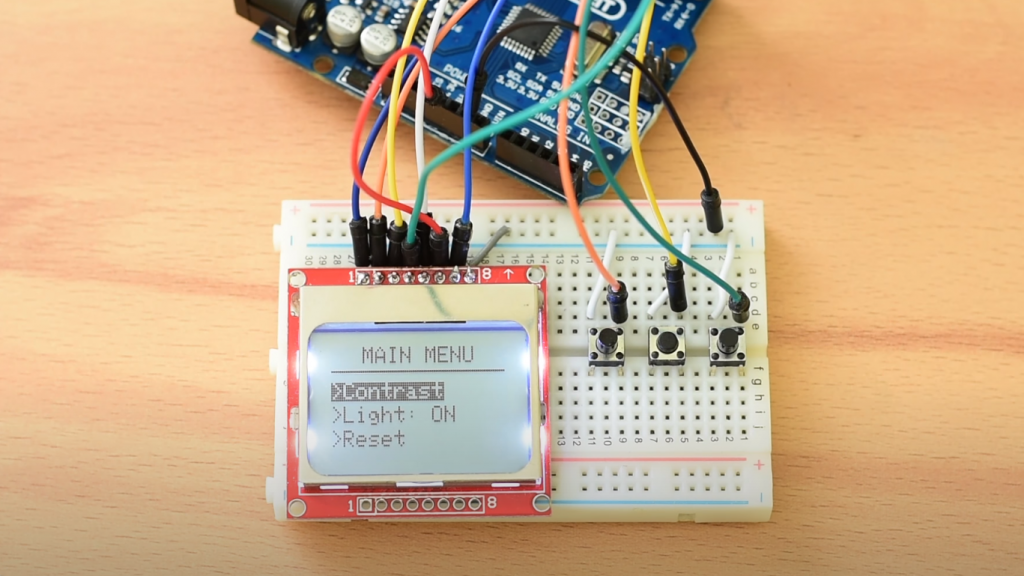
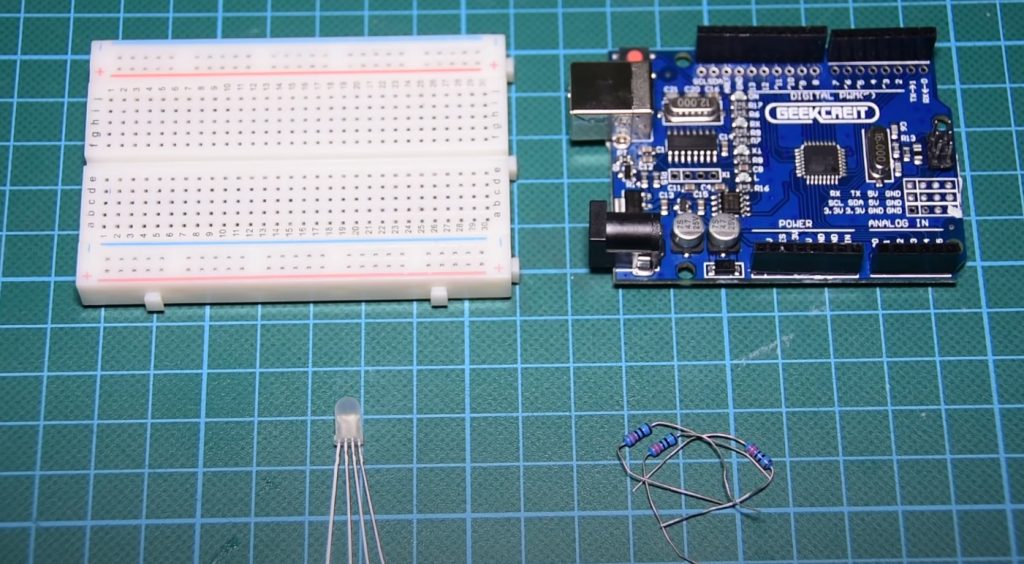
In my opinion, practice soldering is a great way to improve your skills. I think that it is important to practice soldering in order to be able to do it correctly. It is also a good way to learn about different types of solder and how to use them.
If you’ve never soldered before, the prospect can be daunting. But have no fear! With a little bit of practice, anyone can master the basics of soldering. Here are some tips to get you started:
1. Make sure your workspace is well-ventilated. Soldering produces harmful fumes, so it’s important to work in a well-ventilated area.
2. Choose the right type of solder. There are two main types of solder: lead-based and lead-free. Lead-based solder is cheaper and easier to use, but it’s also more harmful to the environment. Lead-free solder is more expensive, but it’s better for the environment.
3. Clean the surfaces you’re going to solder together. If there’s any dirt or grime on the surface, it will prevent the solder from bonding properly.